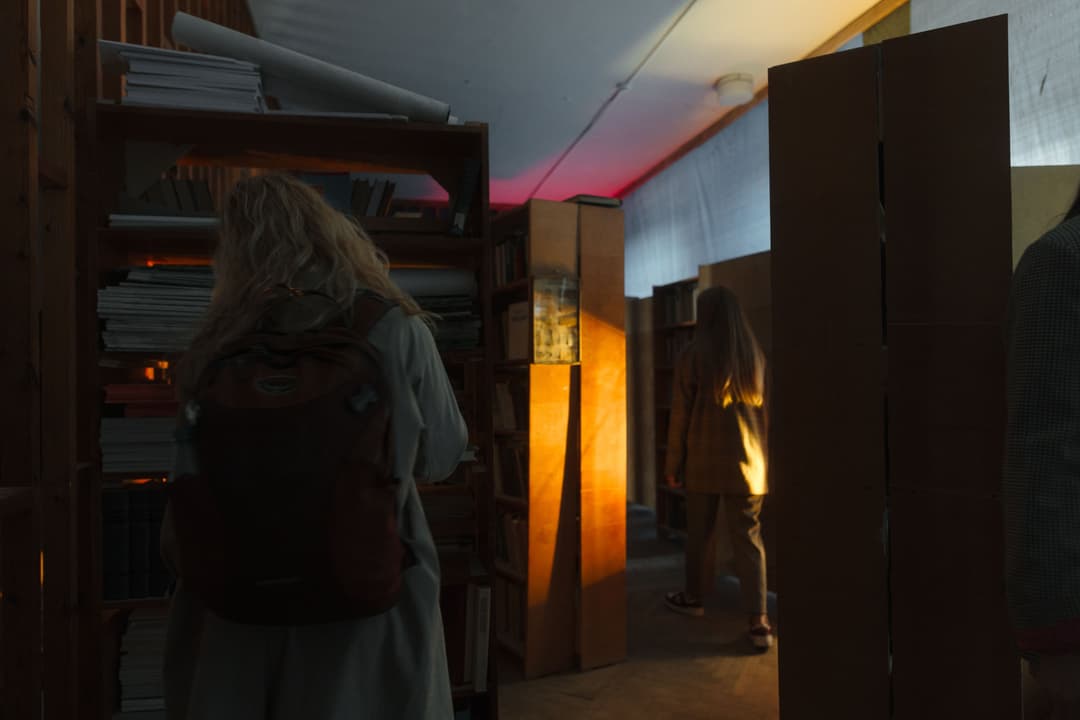
Parasitic Gifts in a Forgotten Soviet Library
Ethnologia Europaea 2025
This article introduces the concept of parasitic ethnography to explore how gifts can be abandoned or out of time, unsettling classical theories of reciprocity. Drawing on the case of a forgotten Soviet library in Sillamäe, Estonia, and a series of artistic interventions, it examines how belated gifts—objects that linger in storage, fall out of circulation, or survive beyond their original contexts—continue to shape social life.
Rather than producing neat cycles of exchange, these gifts generate ambiguity, excess, and unresolved obligations, forcing us to confront the dark side of giving. By engaging with such residues through exhibitions and experimental collaborations, parasitical ethnography treats fieldwork as an act of intrusion and reactivation, where researchers and hosts enter unstable relations of dependence, exploitation, and creativity.
This approach expands gift theory beyond Maussian reciprocity and repositions ethnography as a generative but disruptive practice, showing how forgotten cultural artefacts can become catalysts for new meanings, relations, and futures.
Keywords
curatorial anthropology; delayed gifts; material culture; parasitic ethnography; Soviet infrastructure.
Quotes
“Parasitic ethnography treats fieldwork as an act of intrusion and reactivation, where researchers and hosts enter unstable relations of dependence, exploitation, and creativity.” p. 91
“Some gifts go beyond the classic theory by being excessively delayed or out of circulation for a while.” p. 92
“Endings conceal the desire of other beginnings, and creations of the present are inspired by the leftovers that others have unwittingly left us.” p. 98
“Abandoning and decommissioning is also a way of making a gift.” p. 104
“What makes books different from other objects is that they also create a world of their own.” p. 106
“Those who spend too much time with old things end up possessed by the spirits of past givers.” p. 108
